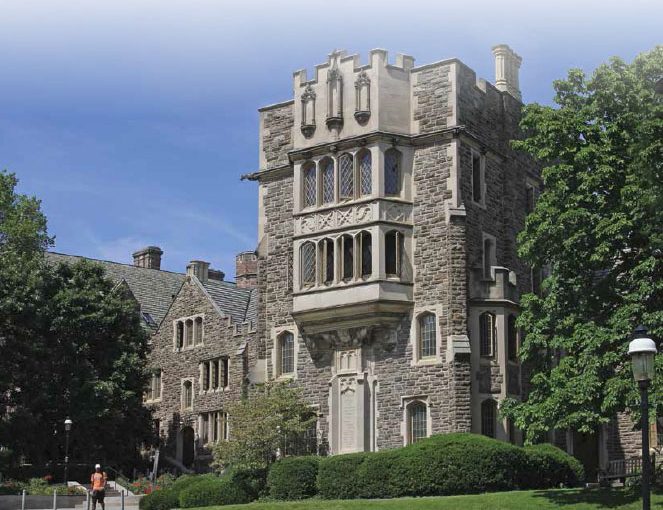
When most retired cops see a young police officer, several thoughts roll through their mind. First, they say a quick prayer for the officer’s safety. Second, they reminisce about their rookie days and all of the fun they had. Third, the sobering reality hits about how complicated the job has become, compared to the “good old days.” Lastly, they are grateful they never had to deal with many of the challenges the current generation of peacekeepers encounters on a daily basis.
As society evolves, the role of police officers must adjust to meet these new demands. While strategic change is necessary and healthy; change without proper planning is often disruptive. Over the past three decades the field of policing has suffered an identity crisis and is in dire need of reform. The critical role education and training play in providing positive change must be central to this reform. One example of a negative change that has lowered community trust is the lack of human interaction in modern policing.


